When the rich wage war, it's the poor who die
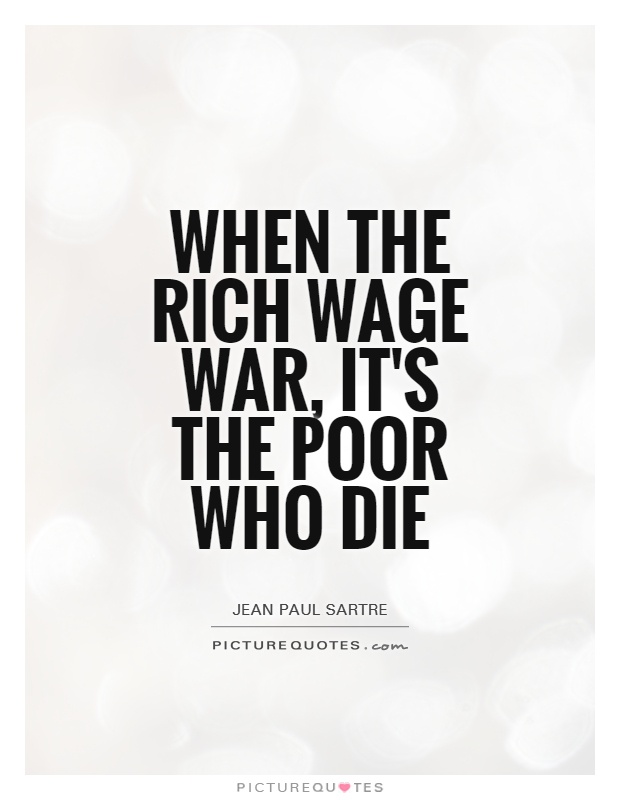
When the rich wage war, it's the poor who die
The quote "When the rich wage war, it's the poor who die" holds a profound truth that resonates throughout history and is particularly relevant in the context of Jean-Paul Sartre's philosophy. Sartre, a French existentialist philosopher and writer, was known for his critiques of power structures and the ways in which they oppress and exploit the marginalized and disenfranchised members of society. In his works, Sartre often explored the themes of freedom, responsibility, and the consequences of one's actions on others.The quote can be interpreted as a commentary on the unequal distribution of power and resources in society, where the wealthy and powerful are able to manipulate and control the lives of the less fortunate for their own gain. In times of war, it is often the poor and working-class individuals who are sent to fight and die on behalf of the ruling elite, while the wealthy and privileged remain safe and insulated from the horrors of conflict. This exploitation of the vulnerable for the benefit of the powerful is a recurring theme in Sartre's work, as he believed that individuals have a moral responsibility to resist oppression and stand up for justice.
Sartre's existentialist philosophy emphasizes the importance of individual choice and agency in shaping one's own destiny. He believed that each person is responsible for their actions and must take ownership of the consequences of those actions. In the context of war, Sartre would argue that those who participate in or support acts of violence and aggression are complicit in the suffering and death of others, particularly the poor and marginalized who bear the brunt of the conflict.
The quote also speaks to the inherent inequalities and injustices of the capitalist system, where the pursuit of profit and power often comes at the expense of the most vulnerable members of society. Sartre's critique of capitalism and imperialism aligns with the sentiment expressed in the quote, as he believed that the wealthy and powerful exploit the labor and resources of the poor to maintain their own privilege and dominance.
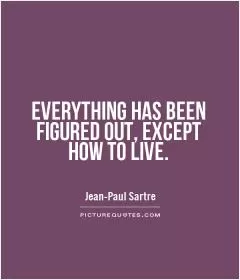
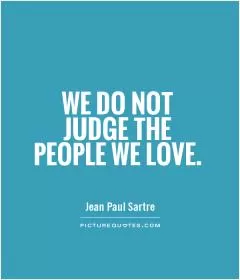

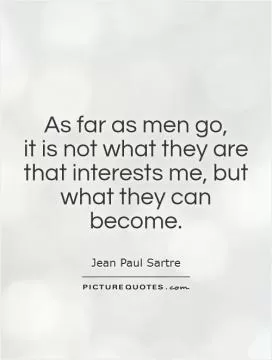

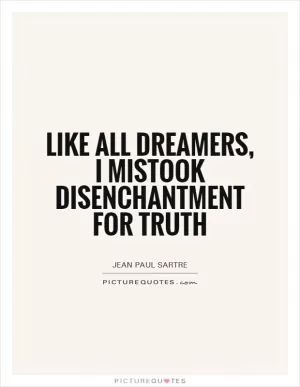
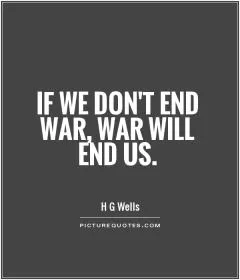

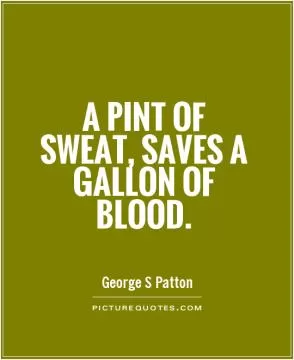

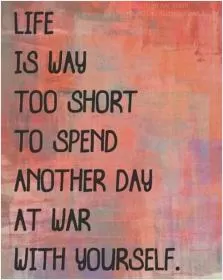
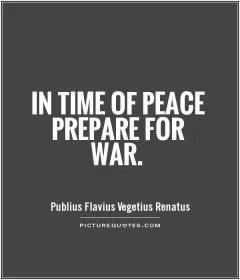
 Friendship Quotes
Friendship Quotes Love Quotes
Love Quotes Life Quotes
Life Quotes Funny Quotes
Funny Quotes Motivational Quotes
Motivational Quotes Inspirational Quotes
Inspirational Quotes